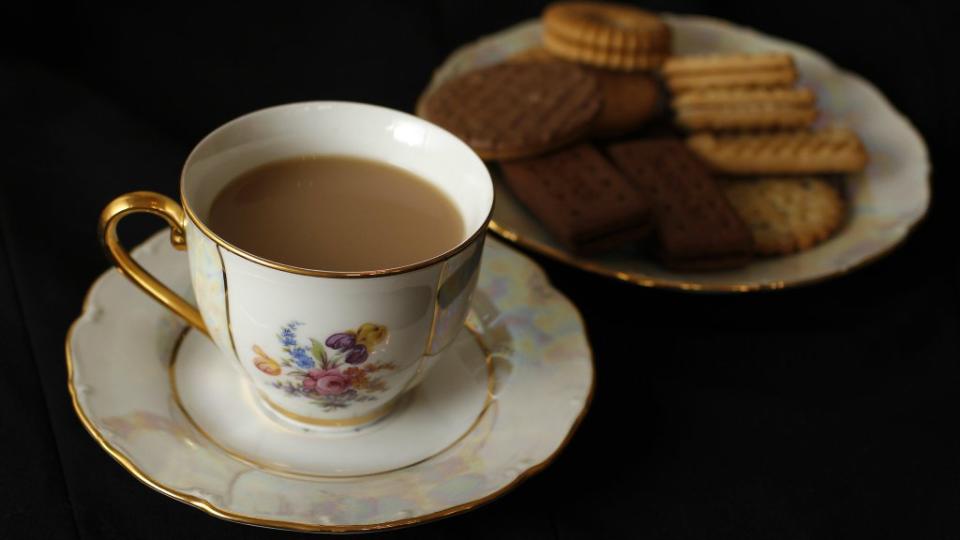Young Brits are turning their backs on the nation’s beloved cup of tea

Put the kettle on—or not, if you’re a millennial.
According to new research from market intelligence firm Mintel, 16% of Brits aged 25-34 choose to drink five or more cups of standard black tea a day, compared with 35% of those aged 55-64.
Tea imports dominated Britain’s trade with China in the early 19th century, and the UK has since established itself as one of the world’s foremost drinkers of tea—served with milk (and maybe sugar) at multiple points during the day. But black tea, which makes up the majority of tea consumption in the UK, is losing its once comforting appeal.
The reason for the downshift might come down to aesthetics, or changing perceptions about caffeine. Mintel found almost half (48%) of those aged 25-34 said too much black tea could stain their teeth. Almost a quarter of this age group said a cup of tea had too much caffeine for them to drink late in the day, and 21% claimed it was not good for hydration.
That might explain why younger people are opting for other drinks: 49% of Brits aged 25-34 drink green tea and 48% opt for fruit teas, compared with 22% and 28% of the over-55s, respectively, Mintel found.
Food futurologist and researcher Morgaine Gaye suggests that for a generation that grew up with food and drink as “a preference or aspiration, rather than a necessity,” there’s something about tea that’s just… boring.
“Tea is something you have at home because your parents drink it,” she says, “But not when you get together with friends because there are so many more options.”
She also suggests that younger generations tend to categorize what they eat into healthy or unhealthy categories—for them, tea does not fit into a distinct box. “A big caramel macchiato with whipped cream is the ‘unhealthy’ part of their day,” she says. “They can’t call tea healthy or indulgent.”
Sales of tea have been falling for the past five years, with a 14% drop in volume between 2013-2015. Mintel forecasts that there will be a further 6% drop this year and steadily evaporating sales in the future.


Sign up for the Quartz Daily Brief, our free daily newsletter with the world’s most important and interesting news.
More stories from Quartz:

 Yahoo Finance
Yahoo Finance 